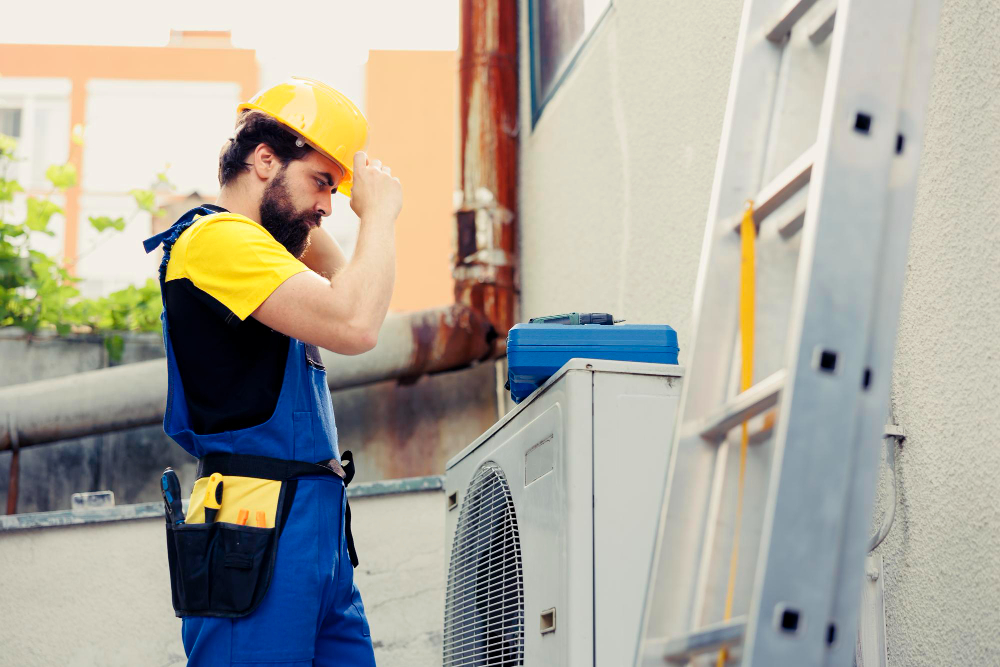HVAC Troubleshooting Tips

Your HVAC system is one of the most important appliances in your home. It's responsible for regulating the temperature and humidity of your living space, which can have a direct impact on your health and comfort. But what happens when your system isn't working properly? Do you call a professional right away? Or are there things you can do on your own to troubleshoot the problem? In this blog post, we'll discuss some common HVAC troubleshooting tips that can help you identify and address issues with your system.
1. Check Your Filters
One of the most common reasons for HVAC system failure is dirty or clogged filters. If your filters are dirty, your system has to work harder to push air through, which can lead to overheating and eventually a system failure. Check and replace your filters regularly (at least every 1-3 months) to avoid this problem.
2. Check Your Thermostat
If your system isn't turning on or isn't producing enough heat or cool air, it could be a problem with your thermostat. Make sure your thermostat is set to the right temperature and is in the correct mode (heating or cooling). If you have an older thermostat with a mercury switch, you may need to level it or replace it with a more modern digital thermostat.
3. Check Your Circuit Breaker
Sometimes, HVAC systems simply shut off due to a tripped circuit breaker. Check your circuit breaker box and make sure the breaker that controls your HVAC system hasn't been flipped. Resetting the breaker may solve the problem, but if it trips again, there could be a more serious electrical issue.
4. Inspect Your Ducts
If your HVAC system is producing weak airflow or uneven temperatures throughout your home, there could be a problem with your ducts. Check your ducts for leaks, damage, or clogging. Repairing or cleaning your ducts can help improve the airflow and overall efficiency of your system.
5. Call a Professional
If these troubleshooting tips don't solve your problem, it's time to call a professional. HVAC systems are complex and require specialized knowledge to repair. A professional technician can diagnose and fix the problem quickly and efficiently, saving you time, money, and stress.
Conclusion
Troubleshooting your HVAC system can be both frustrating and intimidating. However, with the right knowledge and tips, you can identify and resolve many common issues on your own. Remember to check your filters, thermostat, circuit breaker, and ducts before calling a professional. And if you do need to call for help, don't hesitate to reach out to a trusted HVAC technician for assistance. By taking care of your HVAC system, you can ensure a comfortable, healthy living environment for you and your family. If you're looking for HVAC supplier in Florida, contact Discount Air Supply today for more information.